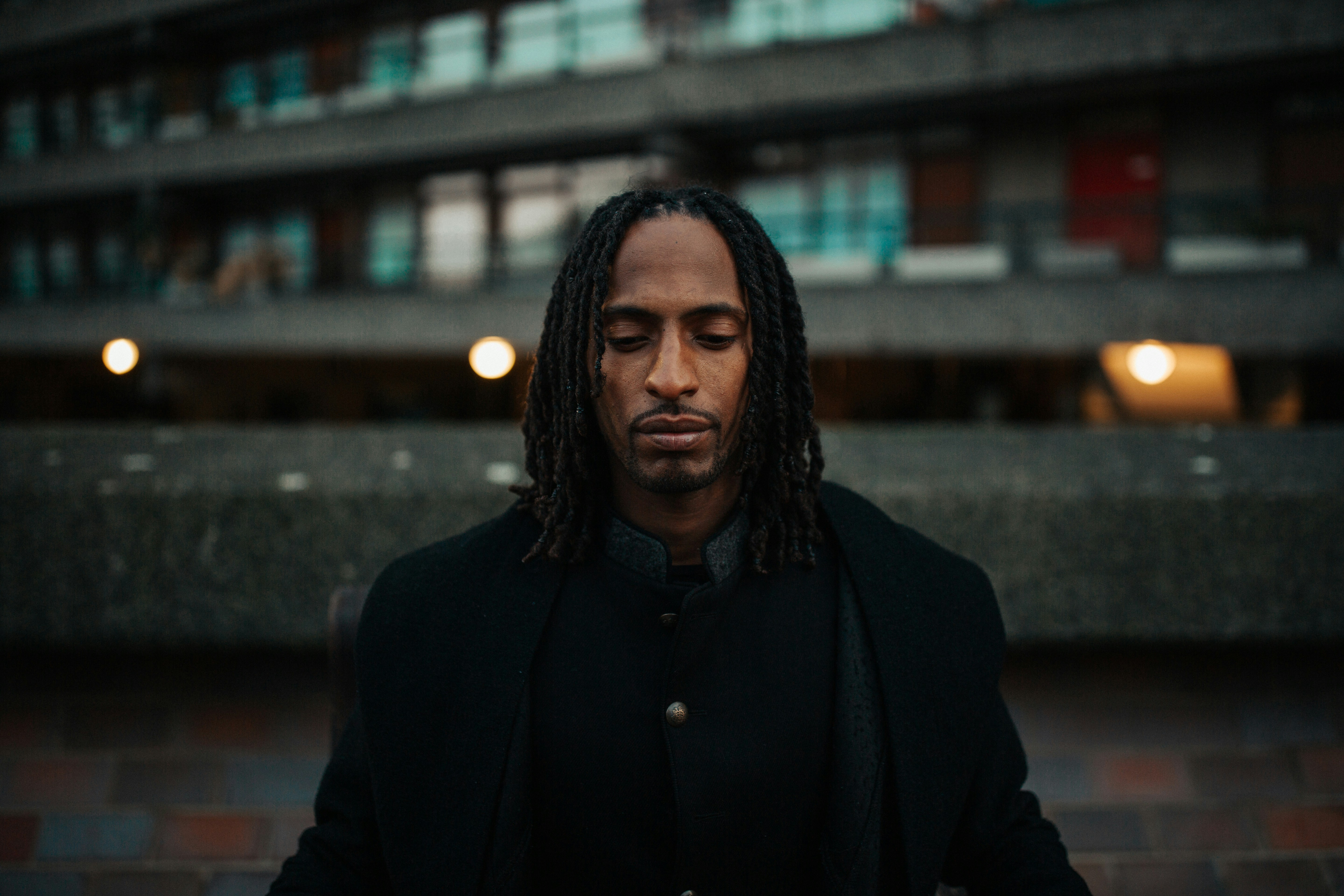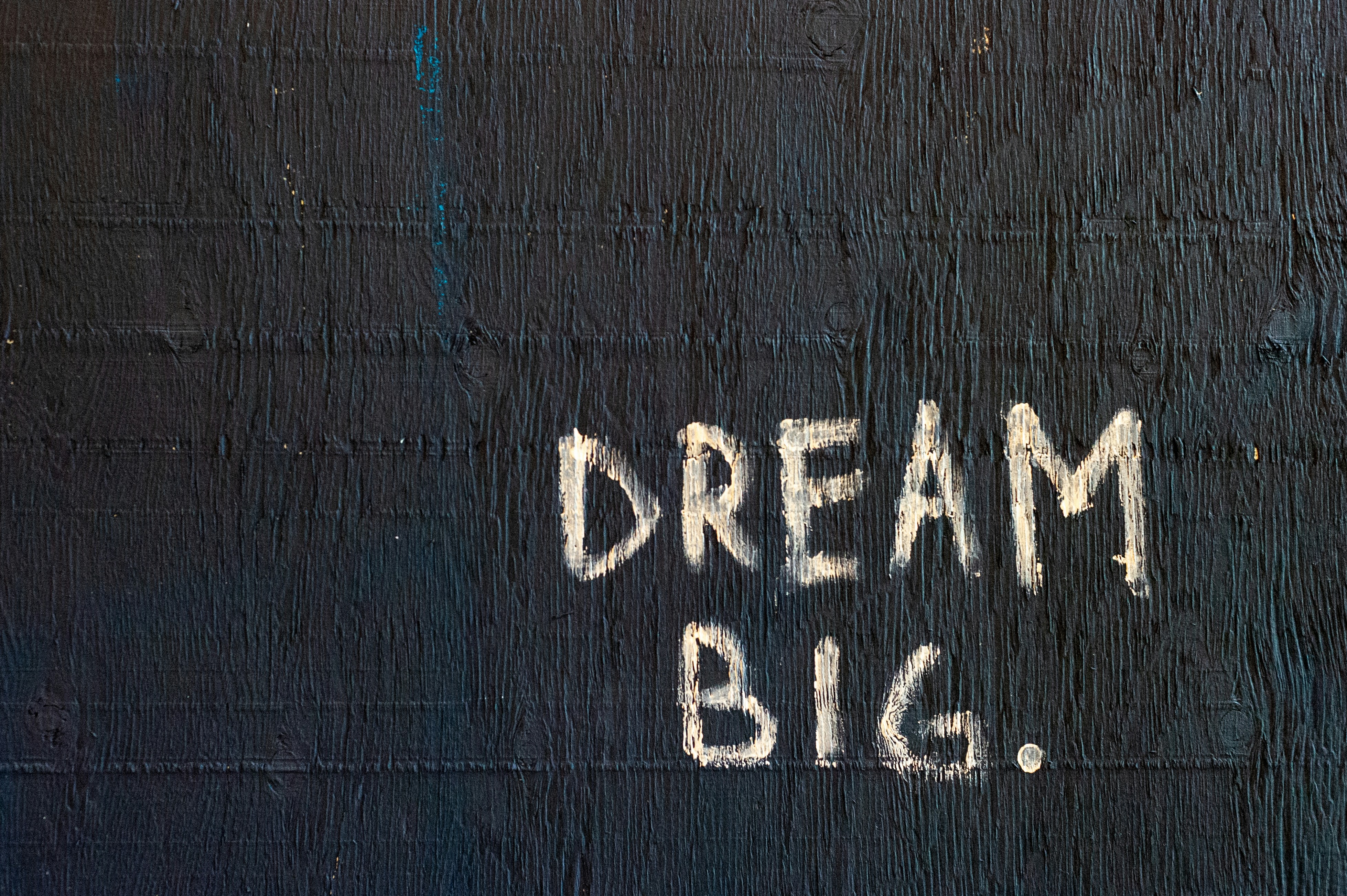Black lives matter. Recently, the United States has seen a rise in protests against racism and social injustices toward the Black community unlike any time since the Civil Right’s Movement. With the current political and social climate out there, clear evidences that Black and brown communities do not have the same resources and opportunities as white people are everywhere. It is critical that therapists consider the Black experience when helping Black people overcome mental health issues. While it may seem obvious, this is sadly often overlooked by well-intentioned mental health professionals, causing further mistrust of professionals by the Black community.
The fact is that people of color do not have the same advantages as white people in America. Systemic racism exists in spite of progress. For this reason, it is important to approach Black mental health with special care. To learn more about why Black mental health requires a different approach, or even how to advocate for yourself, read on.
Racial Trauma

Racial violence, discrimination, and police brutality are just a few issues unique to the Black community and why mental health care is so important toward overall racial justice. Current and recent events have made it clear that people of color suffer not only from stigma, stereotypes and blatant racism, but also the disparities that come with white privilege. That is, not only do Black Americans suffer from mental health issues like all people, but they have the added layer of long term trauma to contend with. Black men, for example, are constantly faced with white fragility and may need help navigating it in order to work through issues of racial inequality.
Racial trauma, as experienced by Black and brown people in America for all of history, can lead to Post Traumatic Stress Disorder (PTSD) and other serious mental health conditions. Couple that with the racial disparity evidenced in Black incarceration rates and the criminal justice system and it is clear that mental health treatment for Black people must include emphasis on not only the oppression faced, but also the resiliency it takes to maintain positive mental wellness in spite of a discriminating, racist system. It is important for therapists who see Black clients to keep this social lens in mind as they treat patients. So too, it’s important for Black Americans to advocate for themselves when choosing mental health providers.
Lack of Services or Resources

Accessibility issues have long been an issue for the Black community. The ability to get to and receive mental health treatments has been difficult for Black people for years. Whether it’s transportation issues, the lack of affordable mental health community services, or being underinsured, Black Americans have not been afforded the same access to mental health wellness programs as their white counterparts. Because of this, Black mental health on the whole has suffered.
While many mental health issues are treatable through natural support systems and community, others require professional and medical intervention. For example, a diagnosis like bipolar disorder would require proper medication, an ongoing relationship with a therapist and psychiatrist, and more. For a Black person with this common but serious diagnosis, the long-term consequences of lack of treatment due to inaccessibility could mean major damage to social, occupational and personal relationships alike and put them at an even greater disadvantage.
Another reason for a lack of mental health care in the Black community has been stigma and distrust of medical professionals. Historically, Black communities have steered clear of seeking mental health treatment due to an overall lack of trust in the system. This is another reason Black mental health therapy approaches should take into account meaningful cross-racial dialogues along with establishing therapeutic alliances. Trust may not come easy, but it will go a long way in helping with the mental health needs of the larger Black community.
Finding the Right Therapist

While it sounds daunting, the good news is that current events have therapists working harder than ever to help Black Americans find competent and trustworthy mental health resources and care. Finding the right mental health treatment is important for everyone. But for a Black person who has endured the pain of prejudice and inequality, it’s even more imperative that they are matched with a therapist who understands both racial issues and tensions.
If you are looking for a therapist, don’t be afraid to ask questions and advocate for yourself. A Black woman seeking therapy can ask that she is matched with a Black therapist who might better understand her life experiences. That is not to say a white woman would not be able to provide the same psychological treatments, but that the fit should feel best to you, the client.
There are therapists and agencies who are specifically trained to handle the struggles and challenges of diverse communities. While African Americans may struggle with issues not faced by white people, it is important to consider a therapist’s training background when seeking mental health services. Similar to the way you would research a peaceful vacation destination, you want to make sure you do your homework when it comes to picking a good match for you.
Consider the following: Does your therapist or that mental health organization participate in activism activities? Do they clearly state on their website or bio that they are trained in racial diversity? Does the psychiatrist you are considering work for a mental health support center or in private practice? Will they be able to identify with you?
Approaching Black Mental Health
Together, and with open communication, we can make change.
Advocating for yourself is the best way to locate a mental health therapist best for you. You will want to be clear with your mental health provider when you sense their level of cultural sensitivity or not. Ask questions, don’t be afraid to talk through racial differences, and try to understand that most therapists and mental health professionals got into the field hoping to help all people, not just those of the same race. It is not a sign of weakness to ask for help nor is it abnormal to grapple with your own trust issues and concerns about therapy and the process. Use your voice to make it clear to your therapist how things are going and always remember that they are working for you. If they are not a good match, ask for a referral to another therapist.
As a therapist, it is important to consider how your work will impact communities of color. If you don’t feel you can do this efficiently, consider taking workshops, continuing education classes, and seeking clinical supervision on ways to best support the Black community. Other mental health professionals will be able to help you improve your skills so you are in a better position to support social justice in your community and the larger culture too. This does not need to be hard. Before you take a trip to the liquor store, reach out to colleagues who are doing great work with fighting racism today and know there’s hope for you too. It’s in naming our biases and finding resources to best serve our clients that any health care provider or therapist has the best chance at making change in the world. No matter where you are now in your career, you can get there too.
While no one can change the racist systems of the past, we can together work toward a less racist culture in the present that provides Black, brown and all Americans equal access to mental health services pivotal to overall mental wellness. The best time to start is now with an open mind and honest approach.


